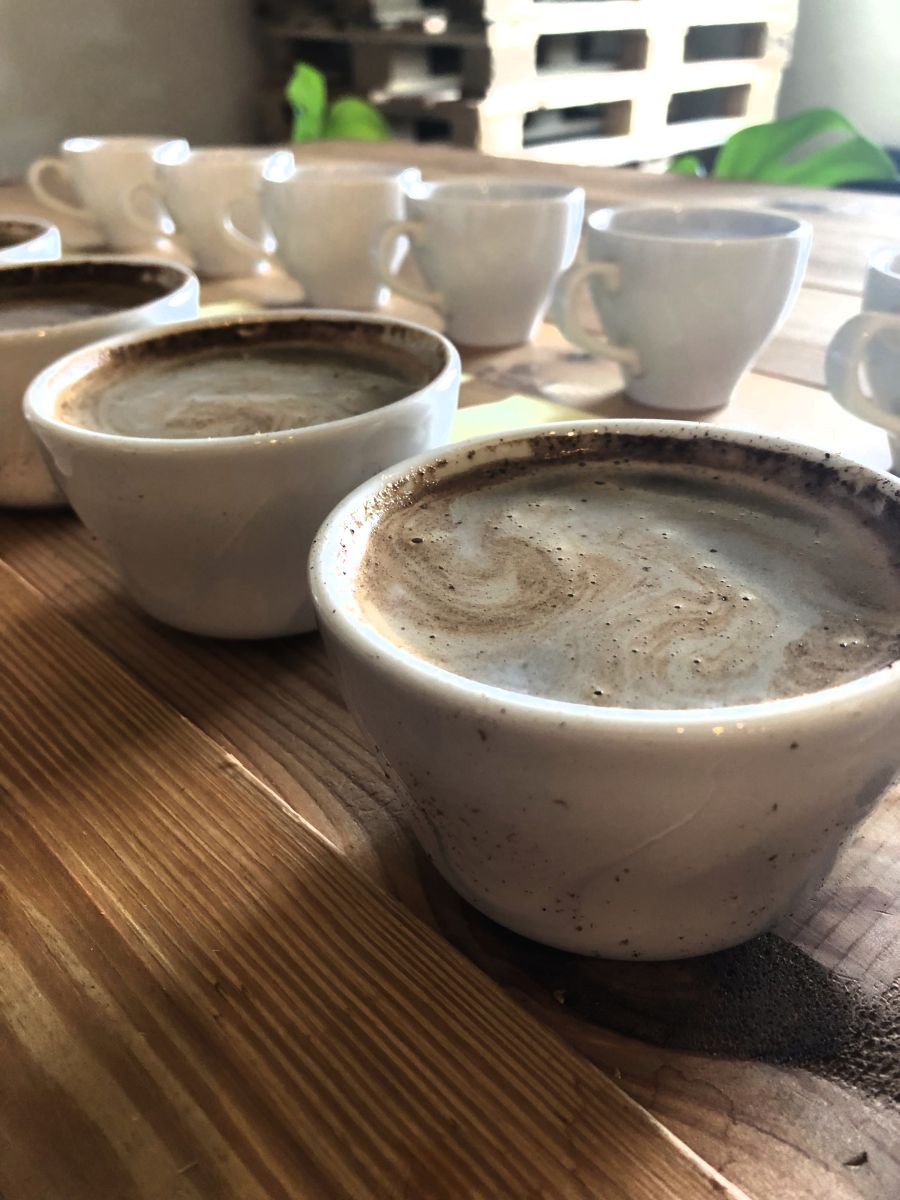
Implications for culturally responsive practice as well as the model's significance to the advancement of culturally safe rehabilitation worldwide are discussed. In this article, the rationale for an alternative model in rehabilitation is presented, followed by an explanation of the structure and concepts of the Kawa model.

The model's reflection of Eastern thought and views of nature presents a useful point of comparison to familiar rational and mechanical explanations of occupation and well-being. Kawasaki (, Kawasaki-shi) is a city in Kanagawa Prefecture, Japan, one of the main cities of Greater Tokyo Area and Keihin Industrial Area. The first substantial model of rehabilitation practice developed outside of the West illuminates the transactional quality of human-environment dynamics and the importance of inter-relations of self and others through the metaphor of a river's flow. Latest reviews, photos and ratings for Kawa Japanese Restaurant at 100 S Atkinson Rd in Grayslake - view the menu, hours, phone number, address and map. Rather than focussing primarily on the individual client, the Kawa model focusses on 'contexts' that shape and influence the realities and challenges of peoples' dayto-day lives. This tree is a favorite among garden enthusiasts and. On new year’s day, the largest number of people in Kanagawa come for the first temple visit of the New Year. It is believed to have the power to ward off evil. However, their usages are a bit different. Kawasaki Daishi, also known as Heikenji Temple, was built in 1128 as the main temple of Shingon Buddhism Chisan. Both kanji expressions can be used to mean ‘river’ or ‘rivers’ in Japanese. It can also be used as a plural noun meaning ‘rivers’.


The Kawa (Japanese for river) model, developed by Japanese and Canadian rehabilitation professionals, presents an important and novel alternative to contemporary 'Western' models of rehabilitation. The Beni Kawa Japanese maple is a truly gorgeous variety known for its distinctive coral bark. kawa / () : a noun meaning ‘river’ in Japanese.


 0 kommentar(er)
0 kommentar(er)
